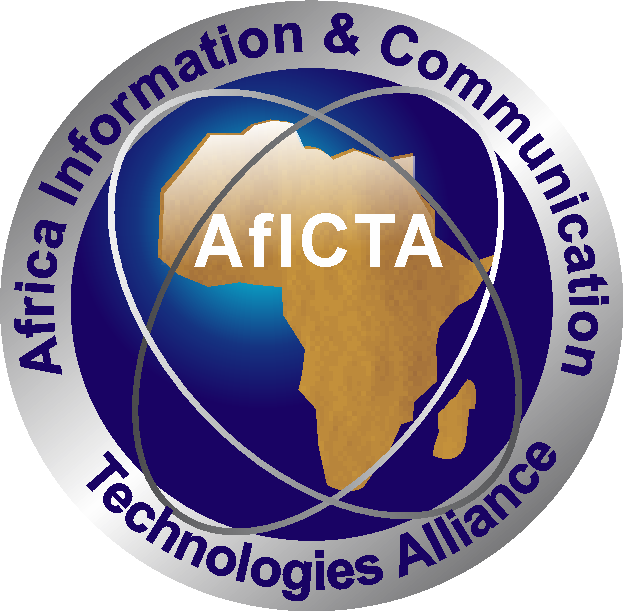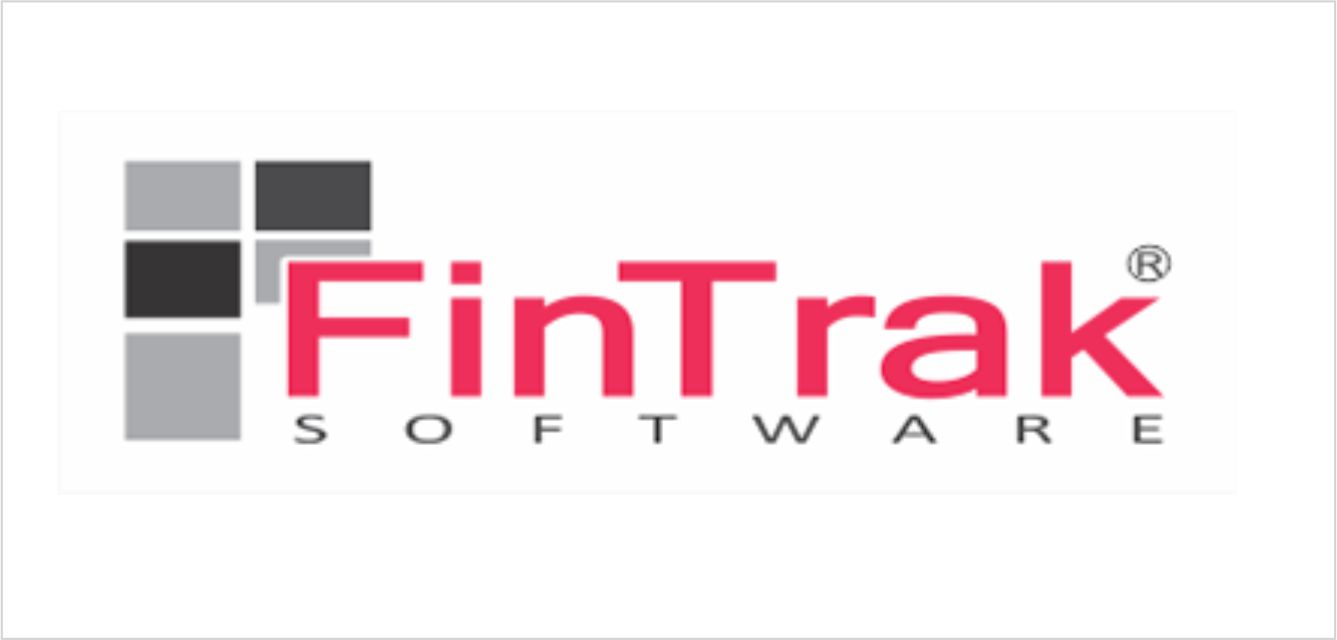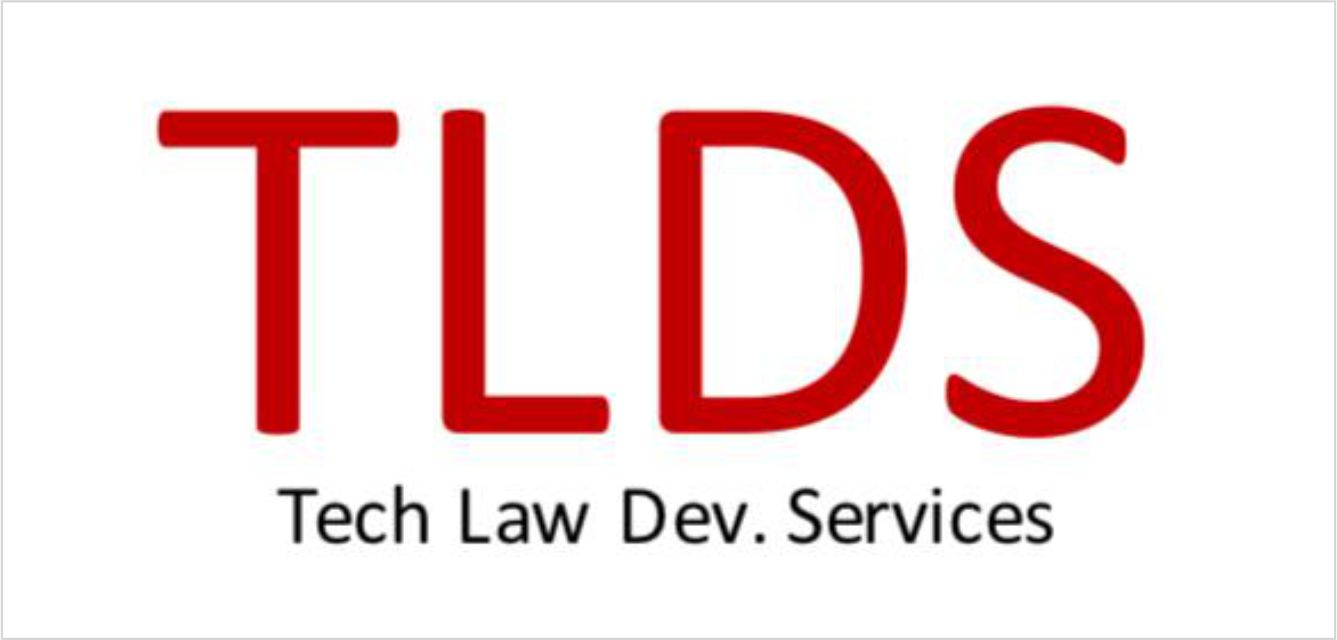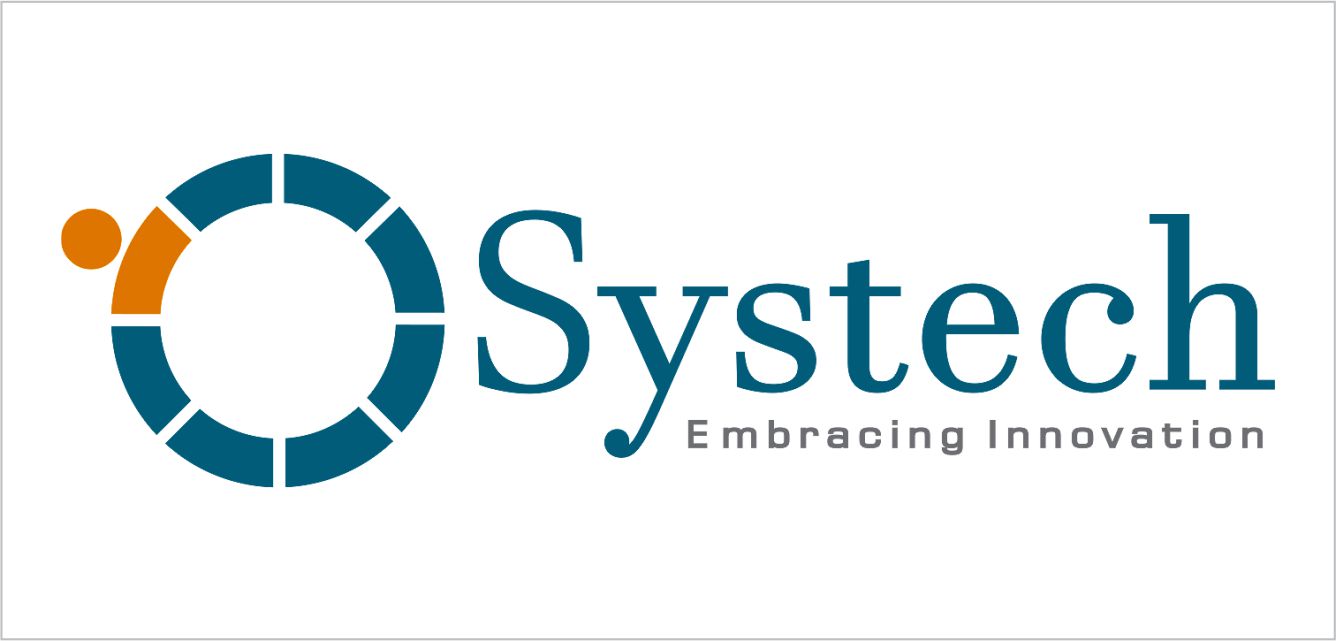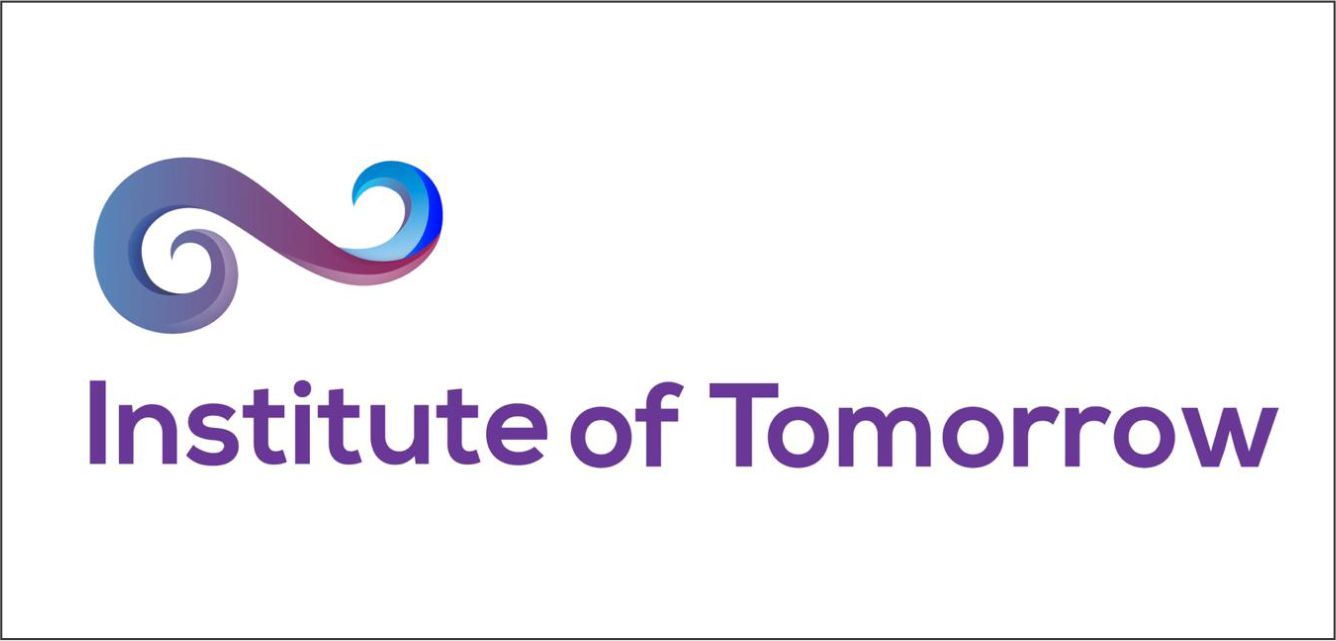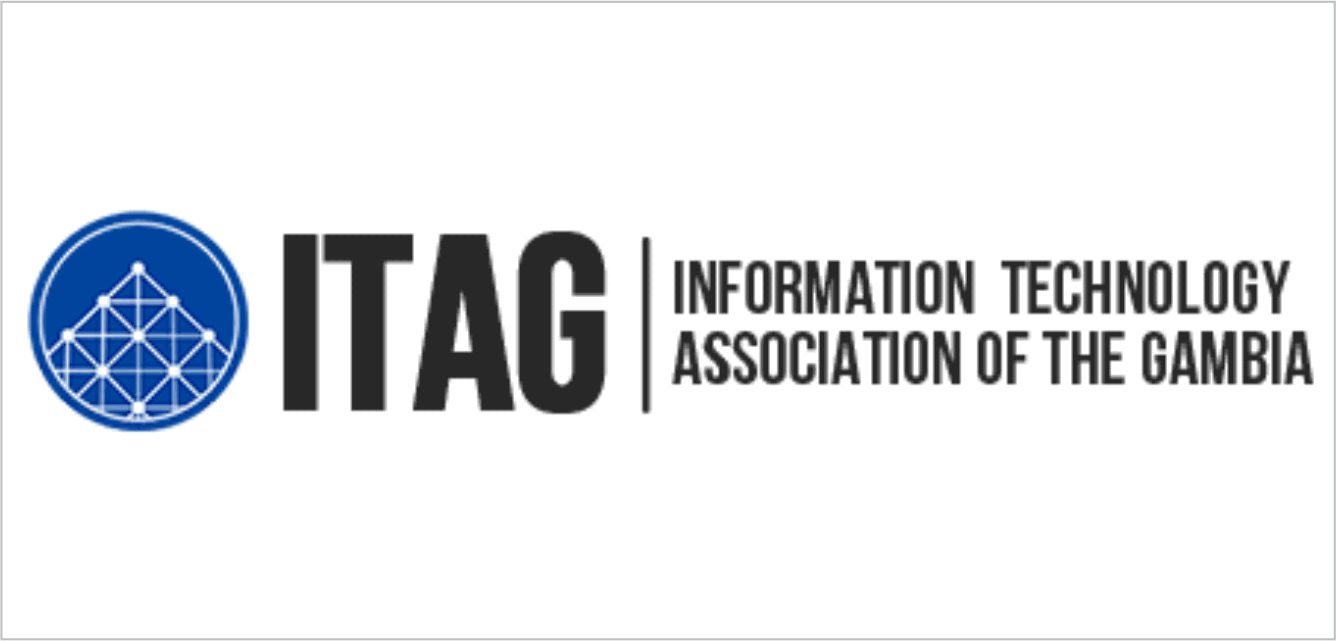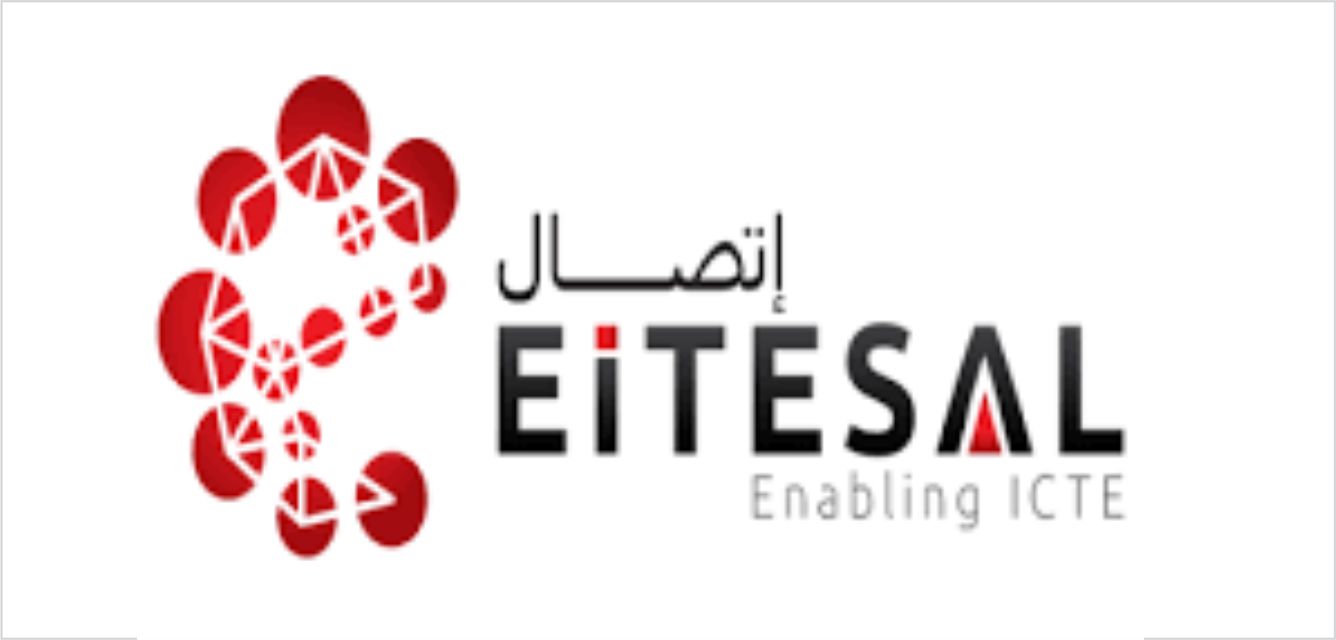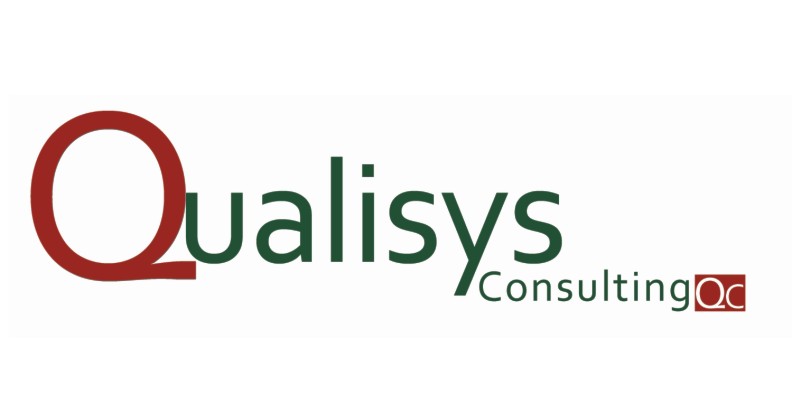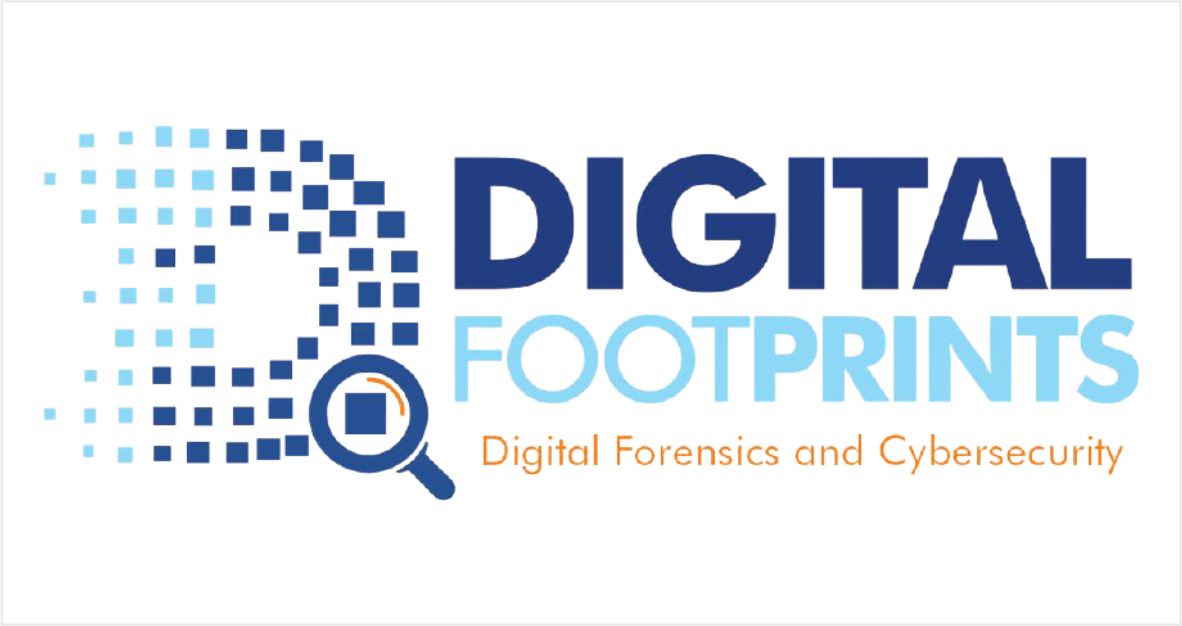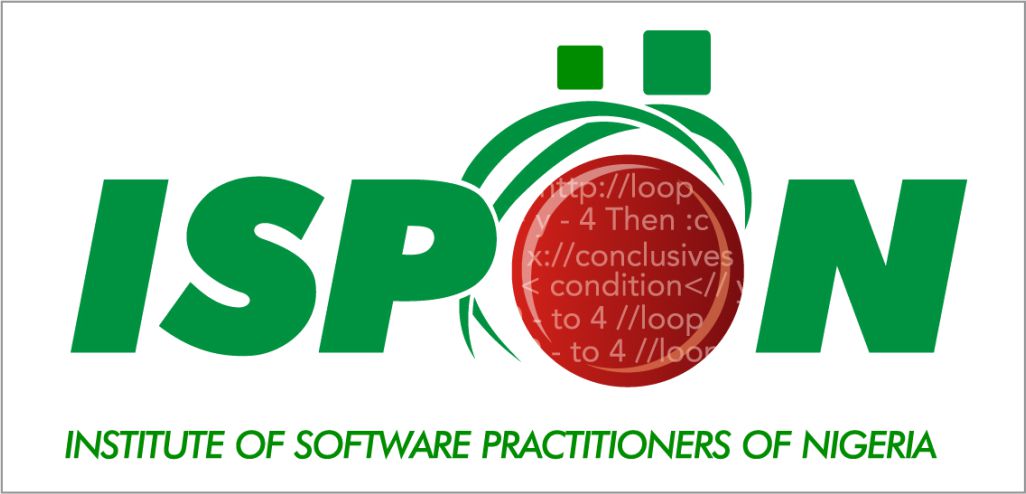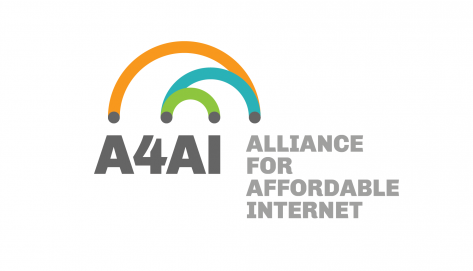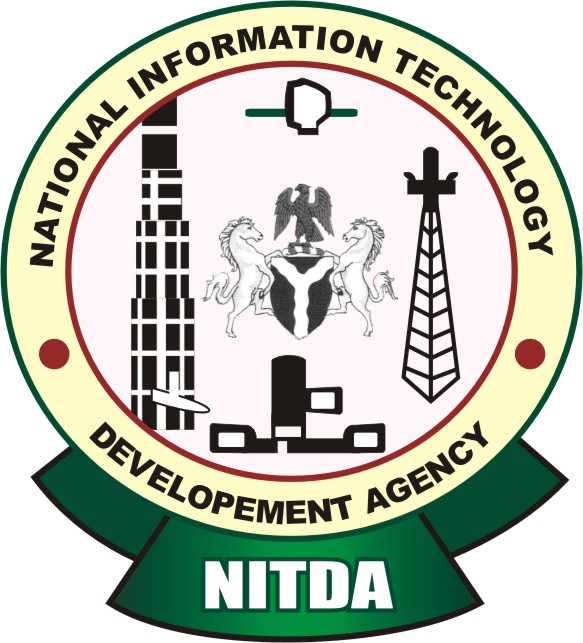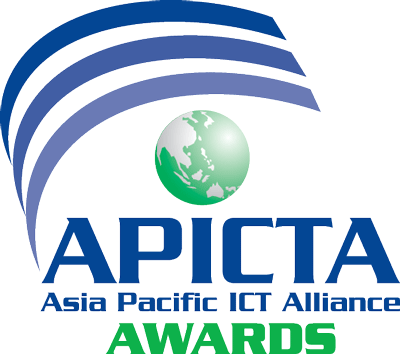Exciting news!
Registration is currently open for the 12th AfICTA Summit (Virtual)! Our distinguished Speakers have started confirming their participation. Don't miss out.
Concept Note
Theme: Digital Agenda 2030: Shaping Africa’s Future Through Innovative Technology & Collaboration
The rapid pace of digital transformation offers Africa an unprecedented opportunity to leapfrog traditional development hurdles and accelerate socio-economic growth. The Digital Agenda 2030 envisions a continent where technology is a key driver of sustainable development, economic diversification, and social inclusion. Through innovative technologies and strategic collaborations, Africa has begun to harness the potential of the digital revolution to address critical challenges such as unemployment, poverty, and inequality.
Africa’s digital landscape has made notable strides, however, the path towards achieving the Digital Agenda 2030 remains complex and requires a multi-faceted approach. The continent’s vast rural population continues to experience limited access to critical digital infrastructure and services. Despite the growth in Internet users, with over 566 million individuals online, the Internet penetration rate of 43% lags significantly behind the global average of 66%.
This digital divide poses a challenge to realizing the full potential of the Digital Agenda 2030, especially in achieving the Sustainable Development Goals (SDGs). The continent's young population, combined with the rise of fintech, e-commerce, and digital services, presents a unique opportunity to build a robust digital economy. The key questions now are; 1. How can Africa bridge this divide and ensure that digital transformation reaches every corner of the continent? 2. Would Africa be able to meet up with the Sustainable Development Goals - SDG’s benchmark? 3. How achievable is the Digital Agenda 2030?
In response to these challenges, the Global Digital Compact (GDC), a UN initiative aimed at fostering an open, free, and secure digital environment, serves as a critical framework for Africa. By adhering to principles of universal access, digital inclusion, and the safeguarding of human rights online, Africa’s digital transformation will align with global standards. The GDC offers guidance on leveraging digital public goods, regulating emerging technologies, and building trust in the digital economy. This framework will be integrated into the summit’s discussions to ensure that Africa’s Digital Agenda 2030 aligns with global norms while focusing on the continent's unique needs.
A concerted effort across policy, infrastructure, and capacity development will be essential to overcome these hurdles and drive the continent toward its ambitious digital future.
At the 12th Summit of AfICTA - Africa ICT Alliance, it is expected that discussions would be channeled towards assessing Africa’s progress in realizing the digital agenda 2030, and challenges that serve as impediments would be identified for appropriate recommendations and swift action by the concerned stakeholder groups. The realization of the Digital Agenda 2030 requires the adoption of a multi-stakeholder approach therefore, the Summit would ensure inclusivity by bringing together experts and leaders from governments, private sector, civil society, technical community, and international groups to speak on topical issues with case studies and ultimate focus on providing solutions.
Sub-themes:
Some of the important aspect to explore during this annual Summit include:
- Improving Digital Infrastructure Development towards a Smart Africa
- Addressing Cybersecurity Challenges, Data Privacy issues and other Delays in Digitization Adoption
- Bridging Digital Divides through Digital Literacy and Skills
- Adopting Emerging Technologies and addressing its Effect on Environment and Climate
- Fostering Digital Innovation, Entrepreneurship, and Sustainable Business Growth
- Ensuring an Inclusive Sustainable Development
Expected Outcomes
The summit is expected to help…
- Increase investment in digital infrastructure and innovation
- Enhance collaboration among governments, industry, and civil society
- Strengthen digital skills and capacity development initiatives
- Showcase of African digital innovation and entrepreneurship
